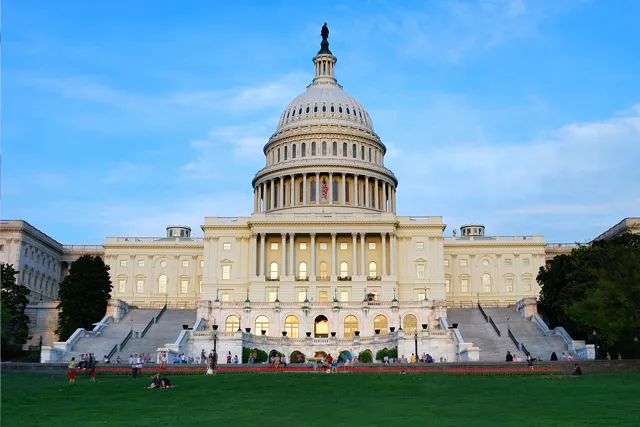Registering as a Telemarketer: Does it put you on the State’s Radar?
Registering as a telemarketer is a requirement that often goes overlooked when companies are trying to ensure compliance with the federal and state DNC laws. Companies that place solicitous calls, or receive calls in response to advertisements, may be required to register as a telemarketer with certain states depending on applicable exemptions.
Currently, thirty-three states have some form of a seller and/or telemarketer registration requirement in their laws. Many also require bonds. However, many exemptions apply and registration fees and other requirements vary by state.
Over the years, we’ve conducted hundreds of assessments and audits. One area where we find our new clients often struggle is registering as a telemarketer. After discussing this issue with our clients, we discovered that some companies are hesitant to register because they believe the act of registering puts them on the state’s “radar.”
One of the services that we provide to our clients is telemarketer registration support. With this service, we interact directly with the state office that oversees its state’s telemarketer registrations. While we’ve never seen a client’s act of registering lead to any issues with a state, we thought it would be best to check directly with a few states. We asked a few of our state contacts the following question: “If a company registers in your state as a telemarketer, does this put them on radar that would cause them to be more closely monitored?”
Below are some of the responses we received:
One state said that it was “ridiculous” for companies to think that registering put them on the state’s radar and that failure to register was a violation of the state’s law.
One state official said that normally they don’t “look at individual companies for violations. We look at complaints from consumers, which leads us to a company. Registering makes some telephone solicitations legal. At times in reviewing a matter, we take into consideration that they are registered (good faith defense).”
Another state said that “No, we do not monitor them closely just because they register.”
Overall, we didn’t receive an indication from any state that registering would lead to increased focus on the company by the state in which it is registered.
So what conclusion resulted from our research?
Well, companies that register seem to be in a BETTER position with the states in the event of any potential complaints and/or violations and that the act of registering may serve as a “good faith defense” depending on the states.Based on our experience, a company’s failure to register comes to light when a state is investigating consumer complaints against that company for DNC or telemarketing violations. Occasionally, companies will utilize us to help respond to state inquiries regarding the company’s lack of registration with the state. In those cases we’ve cited the exemption the client qualifies for under the registration requirements and the complaint has gone away. However, if your company doesn’t qualify for an exemption, you may be in some hot water!
Based on this information, we encourage you to review your company’s telemarketer registration status. If your company is placing outbound solicitation calls or receiving calls in response to advertisements, you’re most likely required to register with at least a few of the thirty-three states. Many exemptions exist from the registration requirements; however, in our years of working with hundreds of clients in dozens of industries, we’ve never found one company that sold products over the phone that didn’t have a registration requirement of some kind.
For more information about CompliancePoint’s Telemarketer Registration Support Services, or for a telemarketer registration requirements analysis, please contact us at consulting@compliancepoint.com
or call us at (770) 255-1100.
Finding a credible expert with the appropriate background, expertise, and credentials can be difficult. CompliancePoint is here to help.





